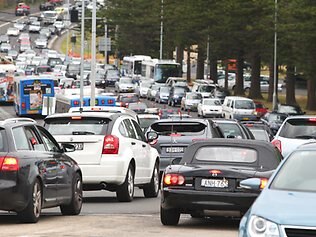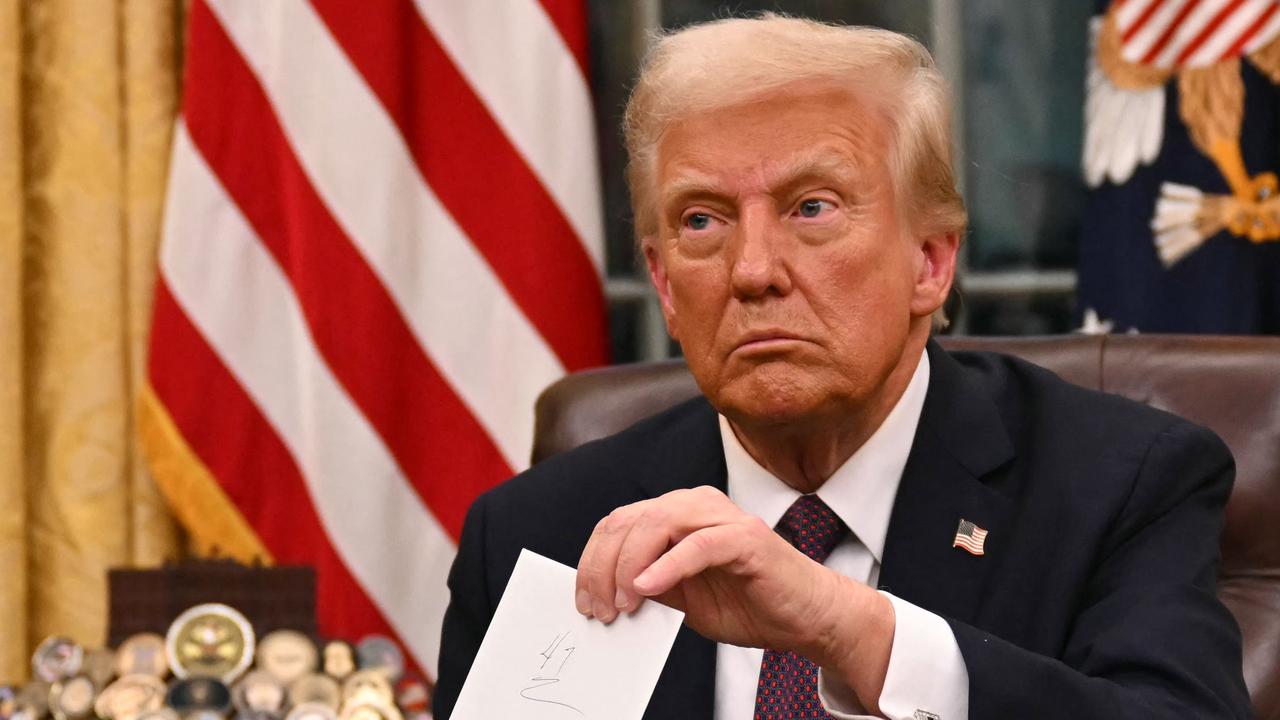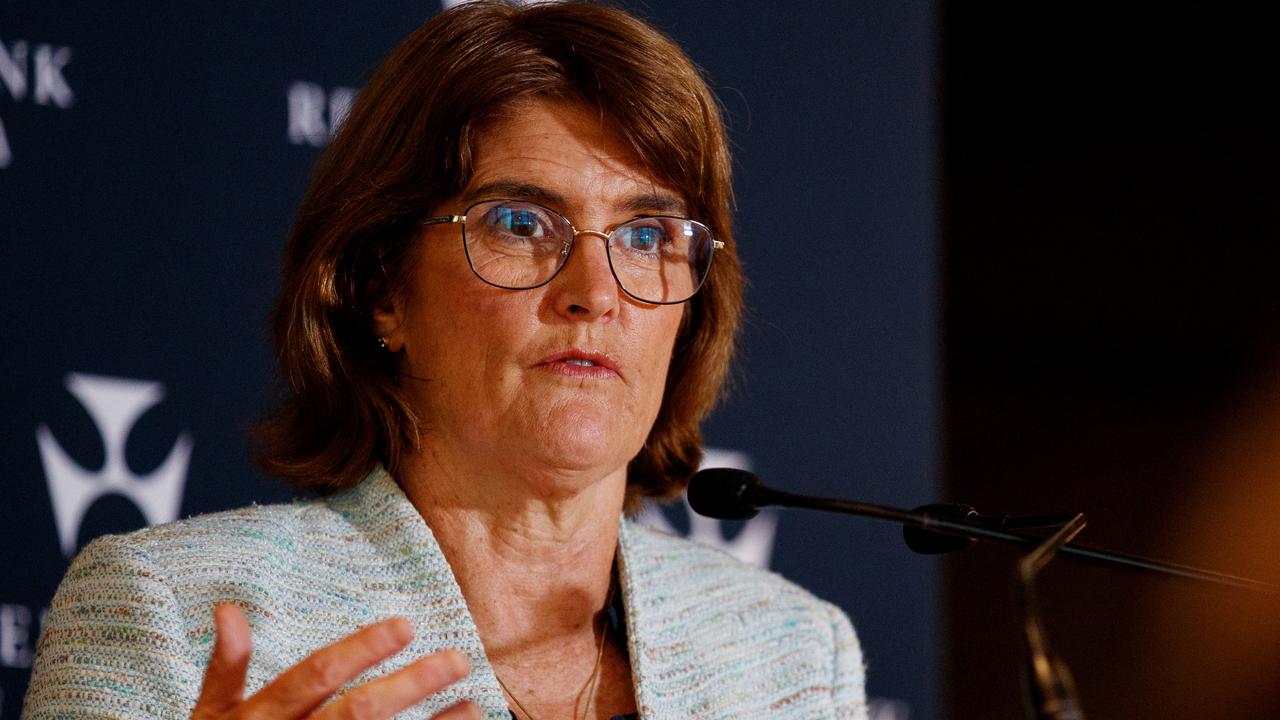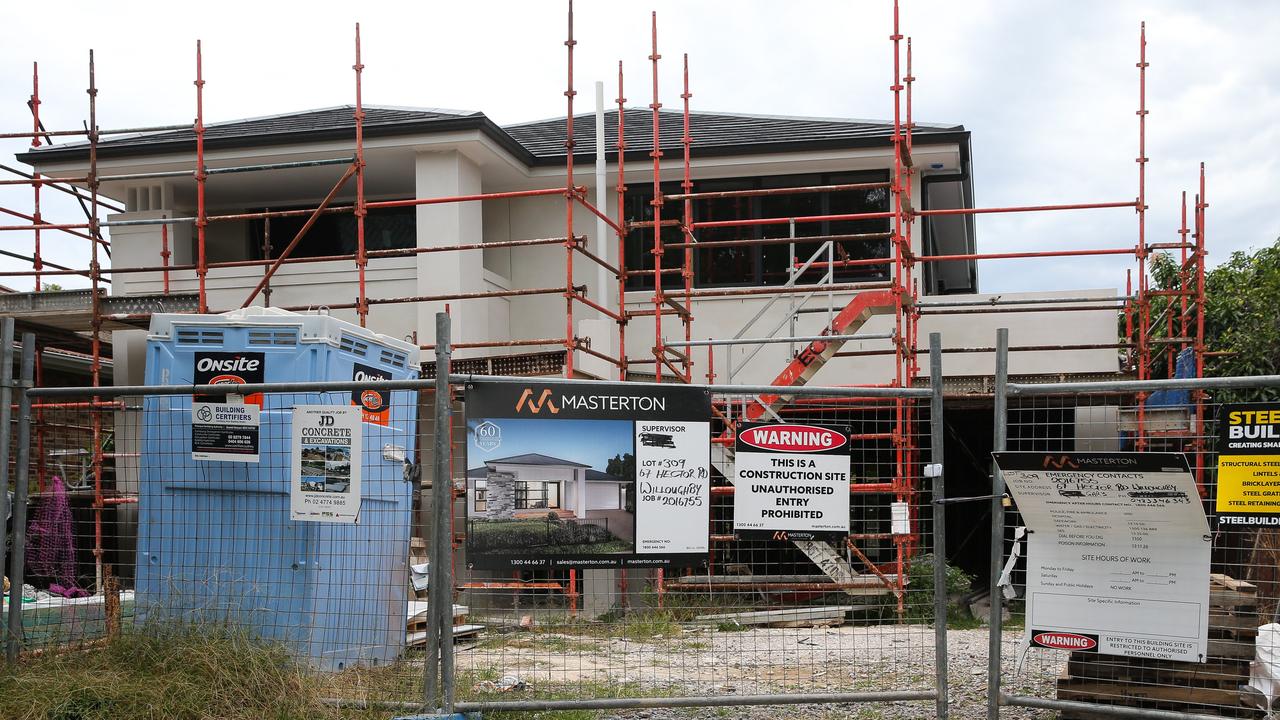Petrol hike fuels interest rate rise
PETROL prices are tipped to jump 10 cents a litre within a fortnight, costing the average household an extra $10 a week.

PETROL prices are tipped to jump 10 cents a litre within a fortnight, costing the average household $10 a week and putting pressure on interest rates by fuelling inflation.
Investor panic over turmoil in the Middle East has pushed the price of oil past the $US100-per-barrel barrier to a 2 1/2-year high, The Australian reports.
Only Australia's strong dollar is shielding consumers from prices even higher than the $1.50 a litre predicted by oil industry analysts yesterday.
Crude oil was selling for $US110 a barrel yesterday - up from $US98 a month earlier.
The increase translates roughly to a 10 cent-a-litre price rise for unleaded fuel at the bowser, but any price changes typically take a week to 10 days to flow through to consumers.
AMP chief economist Shane Oliver predicted the average household expenditure on fuel would soon rise to $65 a week - $10 more than a year ago.
"That, combined with higher utility costs, healthcare, local government rates and general insurance, means there will be less to spend on discretionary items like clothes, household goods and holidays,'' he said.
"It's like a tax on household income -- they have less leftover to spend at the shops.
"It will certainly put pressure on inflation and it's coming at a bad time because the floods in Queensland have pushed up fruit and vegetable prices.''
CommSec chief economist Craig James yesterday said oil prices were being fuelled by nervousness over the unrest in Libya, rather than any real shortage of supply or surge in demand.
"We could see (petrol prices rise to) $1.50 a litre,'' he said.
"It's another worry for households, for consumers and for retailers.''
Mr James said petrol was the single most expensive item bought by households each week. Dr Oliver said the Australian dollar, which has been on par with the US greenback since November, was "providing a buffer'' against even higher prices.
FuelTrac managing director Chris Kable yesterday said petrol prices would increase by 70c a litre if the Australian dollar dropped to the US50c level of a decade ago.
He said the federal government would profit from higher fuel costs, as the Treasury's GST take would rise in line with pump prices. Mr Kable said petrol price increases in Australia's big cities would depend on the intensity of competition between service stations.



